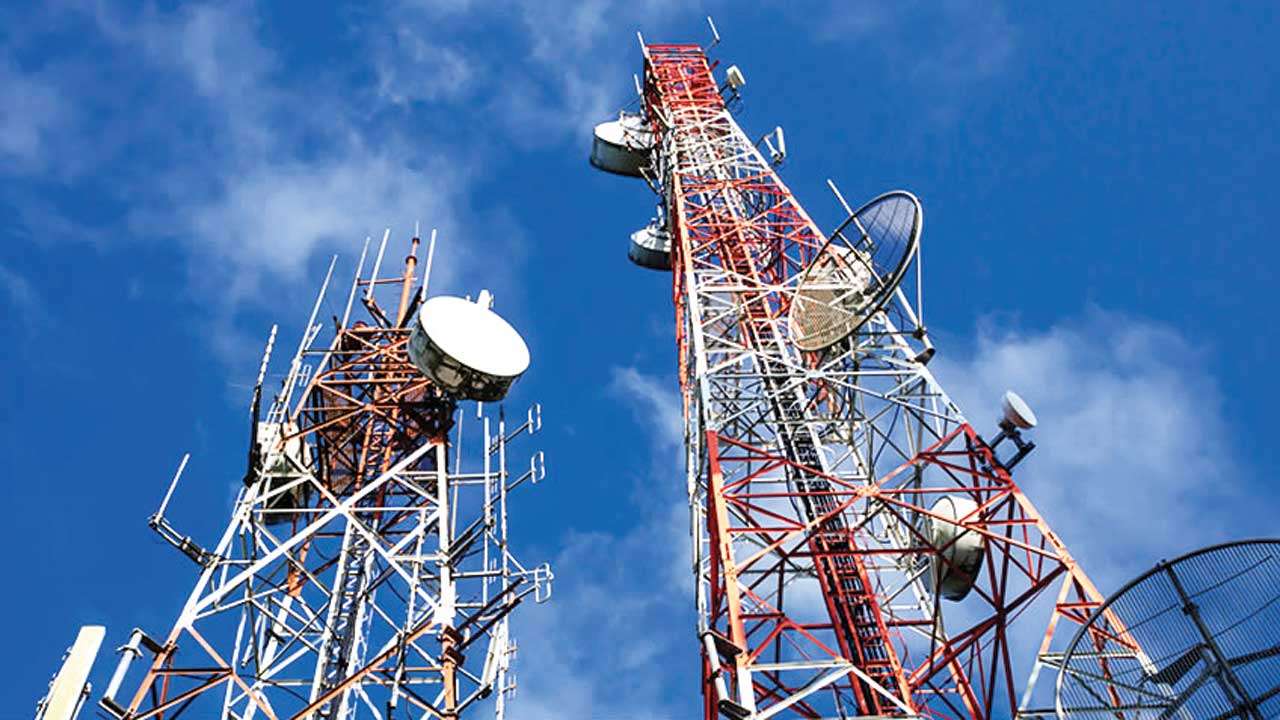Bulk of the agents are making telephonic calls and seeking electronic transfer of cash.
New Delhi: A bizarre scandal in the world’s second largest telecom market has robbed a little over 10,000 gullible investors who were conned with false promises of becoming partners with telecom majors in setting up mobile towers.
Fraud agents are visiting homes of people in both cities and the hinterland to sign them up for towers. Bulk of the agents are making telephonic calls and seeking electronic transfer of cash, their modus operandi similar to one shown in the recent Netflix series Jamtara, shot in the dust bungled rural landscape of Jharkhand. “This is scary and serious, the telecom regulator is tracking such fraudsters along with police from across the country,” Rajan S. Mathews, Director General, Cellular Operators Association of India (COAI) said in a telephonic interview to The Sunday Guardian.
Mathews called it the tip of the iceberg. He felt the scam needs to be nipped in the bud because of the size of the market. India has over 590,000 towers providing seamless connectivity to the masses; telecom companies are adding anywhere between 70,000-100,000 towers every year, mostly in rural India and Tier 3 cities. The fraudsters—armed with fake letterheads of telecom companies—are promising gullible investors secured monthly rentals ranging from Rs 35,000 to Rs 100,000. All the investors have to do is to deposit cash ranging from Rs 15,000 to Rs 35,000 for the first step of the agreement. The scam has a tinge of ponzi schemes, except there are no monthly deposits with promise of high returns. It’s a one-time investment. On the face of it, the proposal looks good.
The fraudsters call themselves agents on behalf of Telecom Regulatory Authority of India or the telecom companies. They offer a lucrative monthly rent, offer free installation of towers and even promise to waive the mandatory fees to the local municipal bodies. Everyone is offered a one-time payment of Rs 200,000 to Rs 300,000 and gifts like iPhones. In return, the gullible, unsuspecting owner of the property deposits cash into the accounts of the fake company as tax under the Telecom Act for renting their premises to set up telecom towers. The gullible property owner is also issued a fake receipt. Once the cash is deposited, the fraudsters close down their bank accounts and shift to another city. “We are getting huge complaints of this fraud from states like Uttar Pradesh, West Bengal, Tamil Nadu and Maharashtra. This is very alarming,” says Mathew.
Last year, Bloomberg Quint reported how a mass-marketing fraud in the name of a big telecom company has been luring unsuspecting victims across the country, duping them of lakhs of rupees. These frauds, which are unique to India—owing to its rapidly expanding mobile market—trap victims by offering to “lease” out their land at exorbitant rents.
In a complaint note in December 2019, TRAI had informed COAI that approximately 15 complaints per day relating to telecom tower fraud were being registered from various parts of India. Rajan said the COAI was working closely with Tower and Infrastructure Providers Association (TAIPA) and telecom operators to educate people not to get cheated by such fraudsters. “Most Indians do not know that the TRAI, or the regulator, is not directly or indirectly involved in leasing/renting of premises for installing mobile towers. It makes the job of the fraudsters easy,” said Mathews.
Mathew said the consequences of these home to home visits or fake calls, or phishing, could be serious if not checked immediately. Villagers in Bengal, Odisha, Jharkhand, Bihar and Uttar Pradesh lost over $7 billion in chit fund ponzi schemes because they all believed fraudulent companies. The telecom tower fake companies work on a similar model. Con people who do not follow rules, lure them with promises of steady, monthly returns and disappear with the one-time payment. There are no recalls.
Sources in the telecom industry say it is the same story of the youth, mostly juvenile, involved in an elaborate scam, asking strangers for investment and then pushing them to transfer funds from their accounts. The sources further said that the scam has been going on for nearly a decade. The genesis of the idea, the first call or visit, the convincing and then the eventual disappearance emerges from previous scams which have hit the hinterland and Tier 2 and Tier 3 cities.
“India just does not have those many cops to track these fraudsters. They have a field day. It can grow fast unless checked,” said one of the sources. The Telecom Authority of India (TRAI) has started a text messaging campaign to alert people, some front-paged advertisements have also appeared in some top newspapers to spread awareness among India’s billion plus subscribers. But the million dollar question is: How many Indians will follow newspaper advertisements or respond to text messages?
“People need to be alert themselves, they must know that the TRAI does not issue NOC for installation of mobile towers and a fraudster approaches them with such a letter, they need to report the matter to the concerned mobile service provider, even call the cops,” said Mathew.
Else, the scam will no longer remain the tip of the iceberg. A tower is a lucrative business for a market that is the world’s second largest, with 1,200 million subscribers and the world’s highest data usage per smartphone at an average of 9.8 GB per month.

